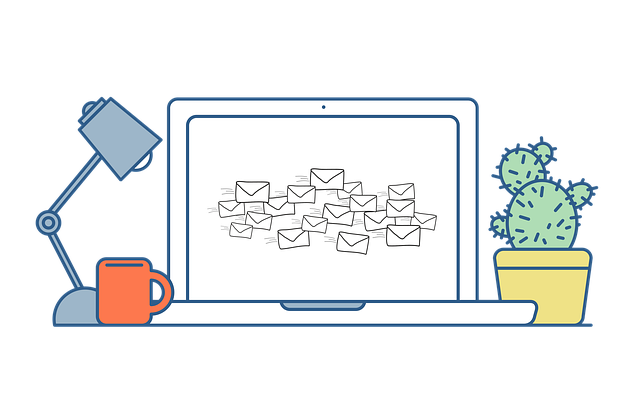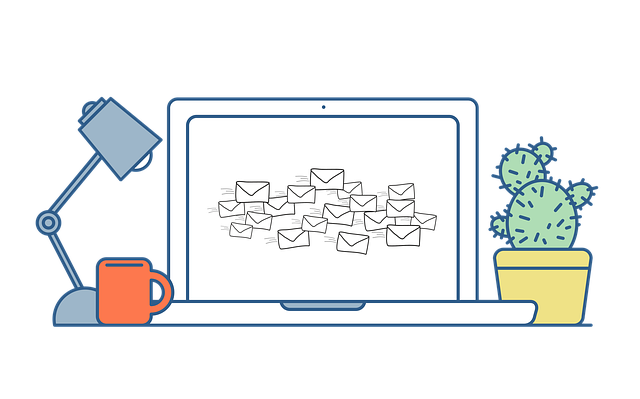AI chatbots are revolutionizing customer engagement in the auto repair industry by providing instant, 24/7 support through natural language processing. These virtual assistants offer services like service estimates, appointment scheduling, and personalized car maintenance recommendations, improving customer satisfaction and building relationships. Auto repair shops can leverage AI tools to automate scheduling, predict maintenance needs, and optimize parts management, reducing no-shows, wait times, and operational costs. By implementing these AI customer-focused tools, auto repair businesses gain valuable insights, offer competitive pricing, faster service times, and ultimately boost profitability in a highly competitive market.
In today’s digital age, auto repair businesses are leveraging AI customer-focused tools to stay competitive. This article explores three powerful AI strategies that enhance operational efficiency and customer satisfaction. Discover how AI chatbots improve engagement and convenience, while intelligent scheduling systems streamline appointments. Additionally, learn about predictive maintenance and parts management, which anticipate service needs, reducing downtime for both shops and customers.
- Enhancing Customer Engagement with AI Chatbots
- Streamlining Scheduling and Appointments
- Predictive Maintenance and Parts Management
Enhancing Customer Engagement with AI Chatbots

AI chatbots are transforming the way auto repair businesses interact with their customers, offering a convenient and efficient way to enhance customer engagement. These AI-powered tools can act as virtual assistants, providing instant support 24/7. Customers can ask about service estimates, schedule appointments, or even receive personalized recommendations for car maintenance—all without leaving a voicemail or waiting for business hours. By implementing AI chatbots, auto repair shops can improve customer satisfaction and build stronger relationships from the very first point of contact.
Through natural language processing, these chatbots can understand and respond to customer inquiries accurately. They can guide clients through the repair process, keeping them informed about progress and potential issues. Additionally, AI chatbots can collect valuable data from customer interactions, helping auto repair shops identify common problems and tailor their services accordingly. This customer-focused approach ensures a more seamless experience, encouraging repeat business and fostering loyalty to the shop’s brand.
Streamlining Scheduling and Appointments

Auto repair businesses can greatly benefit from leveraging AI customer-focused tools to streamline scheduling and appointments. These intelligent systems automate time-consuming tasks like booking, reminders, and rescheduling, ensuring a seamless experience for customers and shop staff alike. By implementing AI, shops can reduce no-shows and wait times, allowing for more efficient workforce allocation.
Additionally, AI algorithms can analyze historical data to predict maintenance needs and peak demand periods, enabling auto repair businesses to optimize their operations. This proactive approach not only improves customer satisfaction but also enhances the overall operational efficiency of the shop, ultimately contributing to increased profitability.
Predictive Maintenance and Parts Management

Predictive Maintenance and Parts Management are two key areas where AI offers significant advantages to auto repair businesses. By leveraging machine learning algorithms, repair shops can anticipate vehicle failures before they occur, reducing unexpected breakdowns and costly repairs. AI-driven predictive models analyze vast amounts of data from sensors, maintenance records, and driving patterns to identify patterns and predict when service or replacement parts might be needed. This customer-focused approach ensures that vehicles receive proactive care, minimizing downtime and enhancing customer satisfaction.
Furthermore, AI optimizes parts management by forecasting demand and streamlining inventory processes. It can predict which parts are likely to be required based on historical data and vehicle models, enabling auto repair shops to order supplies efficiently and reduce stockouts. This not only saves time but also lowers storage costs and improves overall operational efficiency. With AI-powered tools, auto repair businesses can offer more competitive pricing and faster service times, solidifying their position in a highly competitive market.
AI customer-focused tools for auto repair shops have revolutionized the way businesses operate. By enhancing customer engagement with AI chatbots, streamlining scheduling processes, and implementing predictive maintenance, auto repair shops can significantly improve efficiency and customer satisfaction. These strategies not only save time but also enable auto repair professionals to focus on providing quality services, ultimately ensuring a competitive edge in the market.
